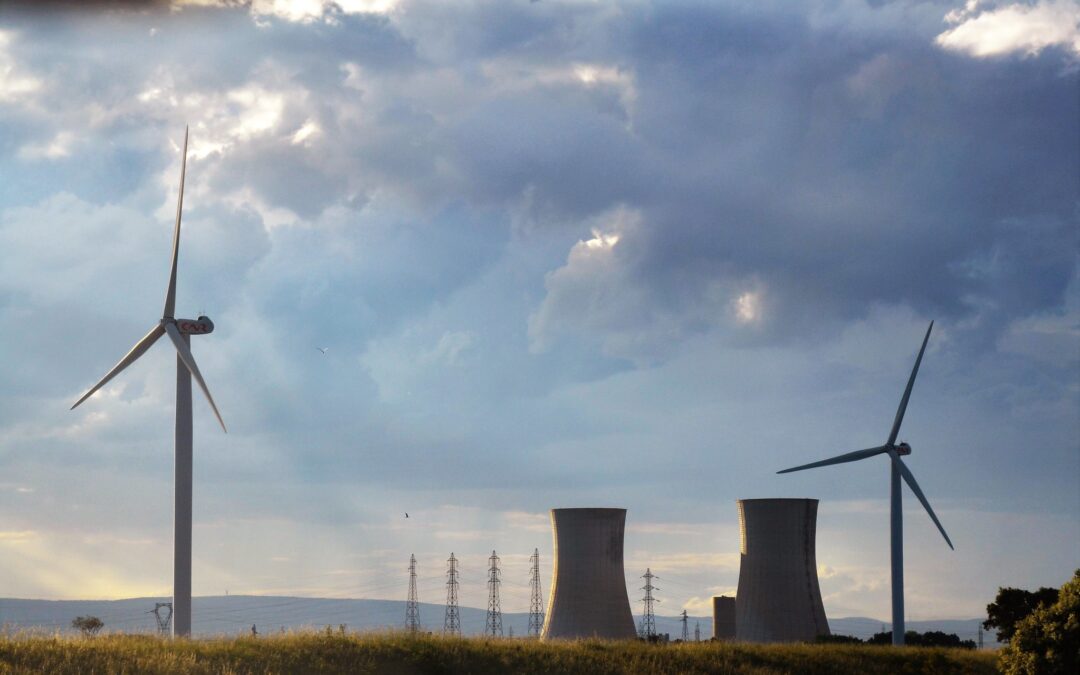A group of MPs from four different parties have signed a letter asking the prime minister to hold cross-party talks on the construction of nuclear power plants in Poland. They argue that the project will span several parliamentary terms and thus require long-term collaboration between political groupings.
The letter to Mateusz Morawiecki was signed by opposition MPs Paulina Matysiak of The Left, Krzysztof Bosak of the far-right Confederation (Konfederacja), and Paweł Poncyljusz of the centrist Civic Platform (PO), as well as Janusz Kowalski of United Poland (Solidarna Polska), which is part of the ruling coalition.
Takie sytuacje są tak dramatycznie rzadkie w polskiej polityce, że wydają się absolutnie nadzwyczajnym wyczynem (i właściwie nim są). A przecież w tego typu strategicznych kwestiach powinny być standardem. https://t.co/uXiw0lcSbh
— Łukasz Warzecha (@lkwarzecha) June 22, 2021
According to the government’s official nuclear strategy – which is part of a shift away from coal and towards low- and no-emission energy sources – Poland’s first reactor is due to go online by 2033, with five more to follow by 2043.
The climate ministry last year outlined that the aim is to have a total installed nuclear capacity of around 6 to 9 GW, at an estimated cost of 80 billion zloty (€17 billion). But some experts fear that the proposed timeline is overly optimistic.
In their letter to Morawiecki – which marks a rare display of cooperation in Poland’s fractious political environment – the MPs note that, since the construction of nuclear power plants would span between three and five of parliament’s four-year terms, it “must be implemented above party divisions”.
The ruling coalition, which is dominated by the national-conservative Law and Justice (PiS) party, has pushed for nuclear to be integrated into Poland’s energy mix, in which coal still accounts for almost 70% of electricity generation. Other political groups, however, remain divided on the topic.
During the 2019 election campaign, The Left was divided between support for nuclear from Together (Razem), one of the parties that makes up the group, and opposition from another, Spring (Wiosna).
Confederation has supported nuclear energy, while also advocating for continued but cleaner uses of coal. Meanwhile, PO and the agrarian Polish People’s Party (PSL), who ruled in a coalition between 2007 and 2015, have argued called for a focus on small reactor technologies (alongside renewable sources) rather than big nuclear projects.
“The construction of the power plant takes 10-15 years – here we need consistency in the actions of all political parties in Poland,” wrote Poncyljusz, a deputy leader of PO, which is the largest opposition party.
The letter also mentioned that the adoption of a resolution opposing the Nord Stream 2 pipeline by the lower house of parliament was a “good example of supra-political cooperation of Polish political groupings” consistent with the country’s “raison d’état”.
Poland has long opposed the project to bring gas directly from Russia while bypassing Eastern Europe, which it sees as a security threat. It is itself working on construction of a pipeline that will bring Norwegian gas to Poland via Denmark.
Main image credit: Jeanne Menjoulet/Flickr (under CC BY 2.0)

Maria Wilczek is deputy editor of Notes from Poland. She is a regular writer for The Times, The Economist and Al Jazeera English, and has also featured in Foreign Policy, Politico Europe, The Spectator and Gazeta Wyborcza.




















